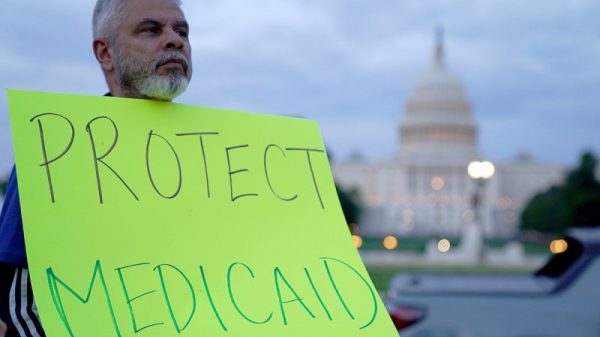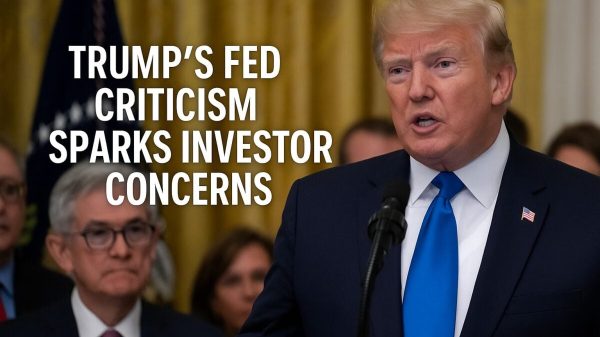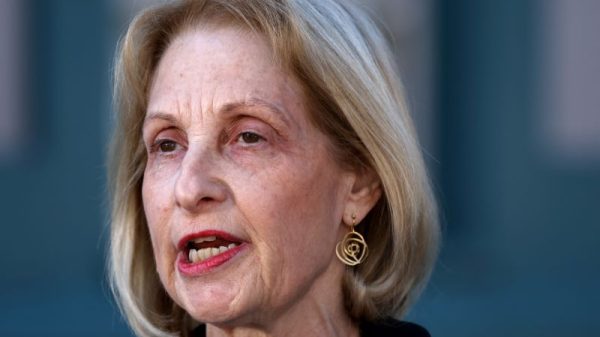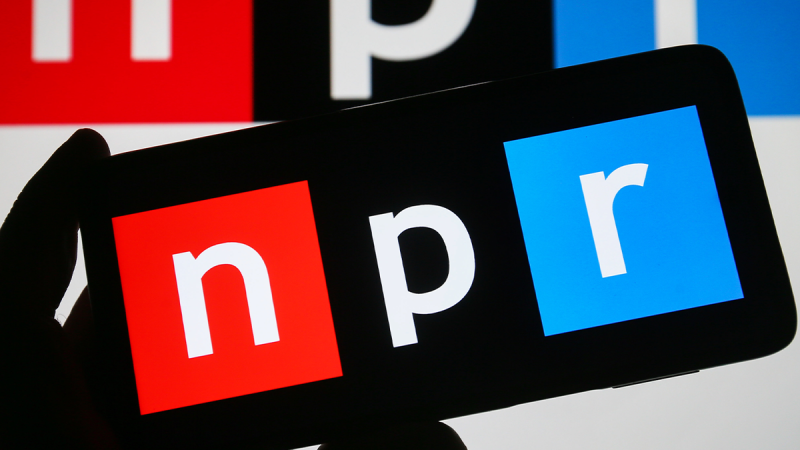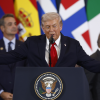‘This is NPR.’ That tagline has long been used for National Public Radio, but what it is remains remarkably in doubt. NPR remains something of a curiosity. It is a state-subsidized media outlet in a country that rejects state media. It is a site that routinely pitches for its sponsors while insisting that it does not have commercials. That confusion may be on the way to a final resolution following the election. NPR is about to have a reckoning with precisely what it is and what it represents.
While I once appeared regularly on NPR, I grew more critical of the outlet as it became overtly political in its coverage and intolerant of opposing views.
Even after a respected editor, Uri Berliner, wrote a scathing account of the political bias at NPR, the outlet has doubled down on its one-sided coverage and commentary. Indeed, while tacking aggressively to the left and openly supporting narratives (including some false stories) from Democratic sources, NPR has dismissed the criticism. When many of us called on NPR to pick a more politically neutral CEO, it instead chose Katherine Maher, who was previously criticized for her strident political views.
Some have long questioned the federal government’s subsidization of a media organization. NPR itself continues to maintain that ‘federal funding is essential’ to its work. However, this country has long rejected state media models as undermining democratic values.
This funding is likely more important, given NPR’s cratering audience and revenue. The NPR’s audience has been declining for years. As a result, NPR has been forced to make deep staff cuts.
Ironically, NPR has one of the least diverse audiences in media. Its listeners are is overwhelmingly white, liberal, and more affluent than the rest of the country. Yet, while serving fewer and fewer people, it still expects most of the country to subsidize its programming.
Many of us have argued that NPR should compete with other radio companies in the free market. Notably, some Democratic leaders have pushed to get Fox News dropped from cable news carriers despite the fact that it is not government subsidized and consistently ranks as the most-watched cable news network. (For full disclosure, I am a legal analyst at Fox.)
NPR and PBS are facing calls for the subsidy to be removed at long last. However, at the same time, pressure is coming from the Federal Communications Commission. FCC Chair Brendan Carr is inquiring about NPR’s claim that it does not do commercial advertising.
Many of us have noticed that NPR has ramped up its sponsor statements with taglines about the products or firm’s clientele. Carr wrote, ‘I am concerned that NPR and PBS broadcasts could be violating federal law by airing commercials. In particular, it is possible that NPR and PBS member stations are broadcasting underwriting announcements that cross the line into prohibited commercial advertisements.’
The support for noncommercial radio and television stations fell under different regulations. It is hard to see the sponsor acknowledgments as anything other than commercial advertising. It is common for for-profit outlets to have hosts read commercial sponsors.
Noncommercial educational broadcast stations, or NCEs, are prohibited under Section 399B of the Communications Act from airing commercials or other promotional announcements on behalf of for-profit entities.
What is interesting is that NPR stresses in its sponsor guidelines that the ‘NPR way’ is actually a better method to reach consumers:
‘Across platforms, NPR sponsor messages are governed by slightly different regulations, but the guiding spirit is the same: guidelines are less about what’s ‘allowed’ and more about the approach that works best for brands to craft sponsor recognition messages that connect with people in ‘the NPR way,” read the guidelines.
What is striking is how NPR’s shrinking audience righteously opposes any effort to cut off public subsidies. While dismissing the values or views of half the country, they expect those citizens to support its programming.
It is common for law firms or companies to have hosts herald their work in given areas. It is also common to have product references.
The thrust of NPR’s pitch to advertisers is that this is a different type of pitch to attract more customers. However, the federal government has long ignored the obvious commercial advertisement.
There is little discernible difference between NPR and competitors beyond pretense when it comes to bias or promotions. What is striking is how NPR’s shrinking audience righteously opposes any effort to cut off public subsidies. While dismissing the values or views of half the country, they expect those citizens to support its programming. What would the reaction be if Congress ordered the same subsidy for more popular competitors like Fox Radio?
I would oppose a subsidy for Fox as I do for NPR. Each outlet should depend on its viewership for support. Notably, many liberal outlets continue to maintain their biased coverage despite falling ratings and revenues. The Washington Post has had to again lay off employees and has lost roughly half of its readership.
After being called in to right the ship, Washington Post publisher and CEO William Lewis delivered a truth bomb in the middle of the newsroom by telling the staff, ‘Let’s not sugarcoat it…We are losing large amounts of money. Your audience has halved in recent years. People are not reading your stuff. Right? I can’t sugarcoat it anymore.’
Nevertheless, writers at the LA Times and other outlets continue to argue against balanced coverage. They would rather lose readers and revenue than their bias. So be it. These outlets have every right to offer their own slanted viewpoints or coverage. They do not have a right to a federal subsidy to insulate them from the response of consumers.
It is time to establish a bright-line rule against government subsidies for favored media outlets. ‘This is NPR’ but it is not who we should be as a nation.




